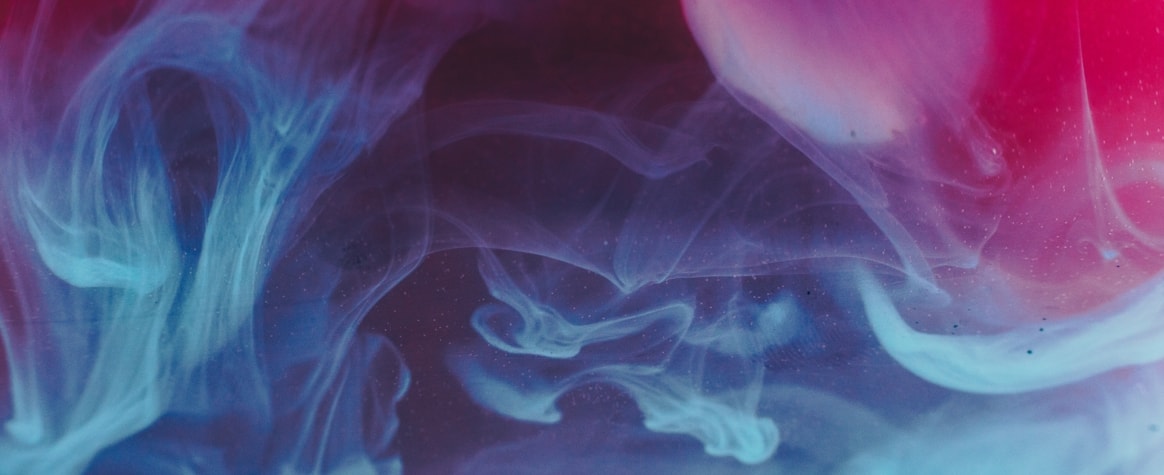Memory shroud
Causes
Symptoms
Possible symptoms of the shroud are varied. However, here we have a list of the most common ones. Under the right circumstances, these symptoms should only cause minor discomfort for the subject.
Scattered thoughtsTreatment
Taking care of elf with memory shroud is vitally important, so that condition stays harmless and contained to small nuisance.
Taking care of one's physical and mental healthPrognosis
Sequela
The true danger of Memory shroud is the side effects suffered by individuals that are experiencing mental or physical distress or who have had the condition for an extended period of time. All elves can take dips to the worse time to time, but certain effects are more devastating than the others. When an elf is unbalanced and shroud is ignored, some more terrifying pathologies to appear include symptoms like:
Severe depression + erratic behaviorAffected Groups
History
Memory shroud is considered as a side-effect of the reincarnation process of elven souls, or, more specifically, the process of soul transferring back to outer planes before to be born again. It is told that in dawn of time elves have initially been immortal shape changers from blood of god Corellon Larethian, but at times long gone, they decided to make permanent, physical forms that eventually took away their original shape-shifting nature and that changed how their immortality of the elven souls would function.
Read moreCultural Reception
Last days
The condition can get more aggressive 2 to 12 days before elf's passing. During this time, it is typical for the elf to confuse now and then, talk to themselves and spend their time in an unnatural trance with small windows of clarity in between. During this time, the elf is often unable to take care of themselves and can show other physical symptoms like fever, sweating, cold, and more magically inclined can have increasing trouble to not spontaneously make their eyes glow or cause other magical effects to their environment. As passing nears, elf turns more peaceful and, eventually, their spirit parts successfully for its next journey.But as strong and crushing his character is, his body looks withered. Once, the handsome young king is so deep in his visions these days that he cannot eat as he used to. His porcelain skin has become paler and thin, his elegant fingers boney and his figure skinny, making his already tall frame look more ominous. His cheeks have started to hollow, and his hair is thin. His eyes, once bright blue, are now dim, as memories of last lives partly cloak his vision. His gaze radiates wisdom, intelligence, and power, colored by profound sadness and worry that comes with the weight of his crown, made to look like golden arrowheads twined together with vines, that now seems too heavy for his withered form. At times his eyes glass entirely, as the memories come and go as they please. There he still sits on his throne, refusing to name successor, still as a formidable mage, if not stronger, as he was in his younger days. His body emanates hints of magical cold breeze, like the northern lands he rules.








Comments
Author's Notes
This article was created as an entry for World Anvil's Summer Camp 2019 event. Sometimes it's easier to get things done when there is an event involved! You can view all my entries to the event here, or check out Summer Camp 2019!